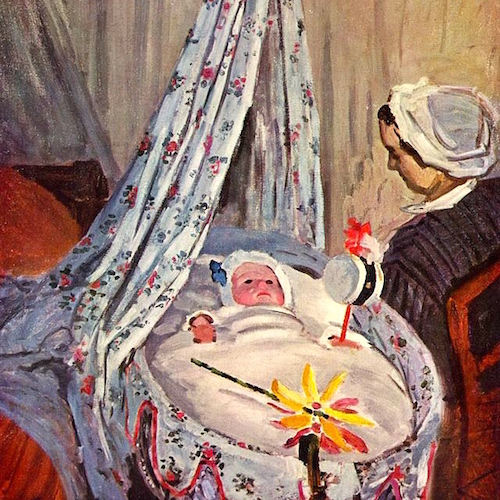 Culture & Ethics
Culture & Ethics
 Medicine
Medicine
The Language We Use to Describe Human Beings Is Important

I’m sure everyone would agree with the proposition that the language we use to describe fellow humans is important. For example, we loathe the N-word because its very purpose is to denigrate, dehumanize, de-equalize, and degrade. Ditto my campaign to make the V-word anathema in describing those among us who are cognitively disabled. No human being is a carrot.
Now parents of children born with disabling or terminal conditions want the UN to do away with the designation "incompatible with life" — often deployed to excuse eugenic abortion, infanticide (as in the Netherlands), or neglecting babies to death by removing wanted life-extending treatment.
From the website Every Life Counts:
The Geneva Declaration on Perinatal Care seeks to discontinue the use of the phrase ‘incompatible with life’ because it is medically meaningless, offensive, and dehumanises unborn children with disability. The UN Convention states that ‘States Parties shall take all necessary measures to ensure the full enjoyment by children with disabilities of all human rights and fundamental freedoms on an equal basis with other children’.
The Preamble to the UN Convention on the Rights of the Child also states that a child ‘needs special safeguards and care, including appropriate legal protection, before as well as after birth’. Yet studies show that up to 90 percent of children with disabilities are aborted before birth.
In particular, children with life-limiting conditions are subject to discriminatory language and attitudes which deny them their humanity and their human rights. Families who are told that their baby may not live for long after birth need our full support and holistic perinatal care, but this only be achieved if misleading and offensive language and attitudes are discontinued.
The Mars atmosphere is incompatible with human life. But a baby?
None of us is, in the words of the campaign, incompatible with love. Medical conditions should be described accurately and with sensitivity. How can there be any resistance to this?
Image by Claude Monet [Public domain or Public domain], via Wikimedia Commons.
